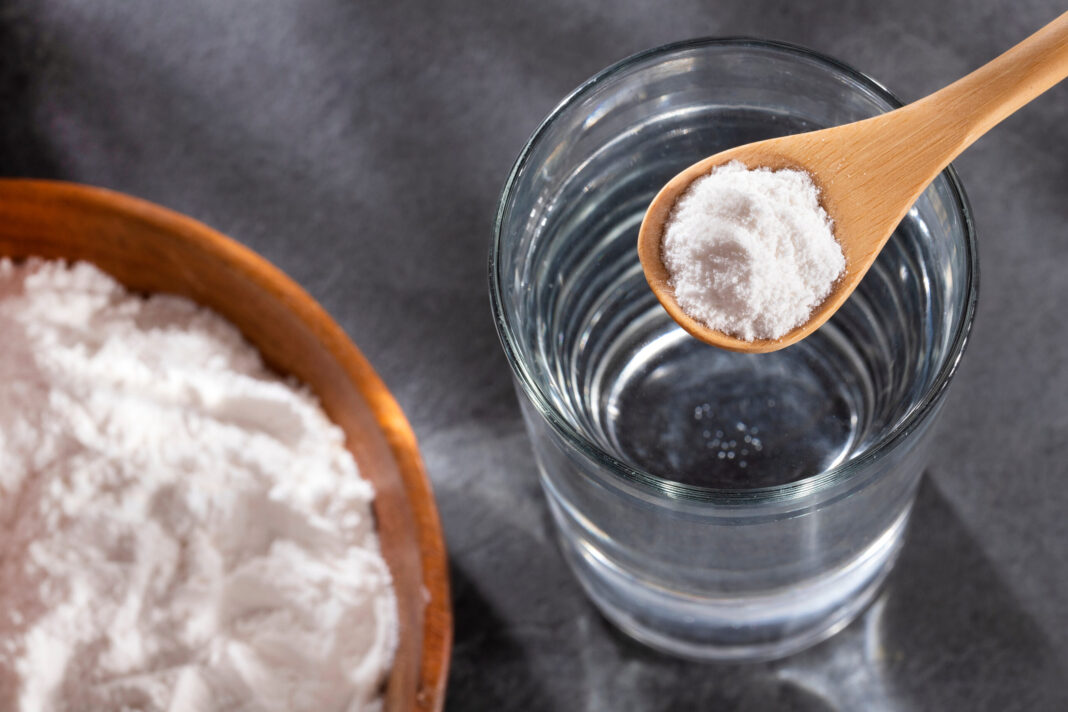BTN News: Indigestion, often referred to as dyspepsia, is a common digestive issue characterized by discomfort, a sense of fullness, and a burning sensation after meals. For many, it’s a familiar and unpleasant experience. While factors like eating too quickly, stress, or overconsumption of caffeine or alcohol are known triggers, the search for effective remedies is ongoing. One popular home remedy is baking soda, known for its ability to neutralize stomach acid and provide temporary relief from symptoms. But, is it safe to use regularly? Here, we explore how baking soda works, its potential benefits, risks, and why it’s essential to approach this remedy with caution.
What Causes Indigestion and How Can You Prevent It?
Indigestion can strike at any time, often triggered by lifestyle factors like eating too quickly, consuming high-fat foods, or drinking too much caffeine or alcohol. Stress is another common culprit, which can increase stomach acid production and lead to discomfort. To prevent indigestion, health experts recommend simple changes such as eating slowly, chewing food thoroughly, and managing stress effectively. Avoiding vigorous exercise immediately after meals can also help in reducing symptoms.
Why Baking Soda is a Popular Remedy for Indigestion Relief
Baking soda, or sodium bicarbonate, is an alkaline compound that helps neutralize excess stomach acid, providing temporary relief from heartburn and indigestion. This simple remedy is a staple in many households not just for cooking but also for its health benefits. According to an article by Daniela Echeverri in Mejor con Salud, baking soda can also soothe insect bites and minor burns. It’s this versatility that has made it a popular choice for home-based remedies.
How to Use Baking Soda for Indigestion Relief Safely
If you’re considering baking soda as a remedy, experts suggest mixing one teaspoon in a cup of water. This solution can help counteract stomach acid and provide relief from discomfort. However, it’s crucial to consult with a healthcare provider before starting any treatment, especially if you have underlying health conditions.
Hidden Benefits of Baking Soda: Beyond Indigestion Relief
The uses of baking soda extend beyond indigestion relief. According to the health website Tua Saúde, this common kitchen ingredient can disinfect food, clear the throat, and even enhance muscle performance by reducing lactic acid buildup during exercise. Additionally, the National Cancer Institute (NCI) mentions that baking soda is sometimes used in medicine to lower high acid levels in the blood or urine caused by certain medications or conditions.
Potential Risks of Using Baking Soda for Indigestion
While baking soda can be effective, it’s not without risks. Regular use, especially without medical supervision, may lead to serious health issues. Mejor con Salud warns that excessive consumption can negatively impact the heart, a point supported by a study from the University of California, San Francisco. This study documented a case where a patient with diabetes and hypertension experienced a life-threatening heart rhythm condition after using baking soda as an antacid. Such incidents underscore the importance of adhering to recommended dosages and consulting with a healthcare provider before regular use.
When to Seek Medical Help for Indigestion Symptoms
While indigestion is often harmless, certain symptoms warrant immediate medical attention. If you experience severe chest pain, discomfort spreading to your jaw or back, or feelings of anxiety accompanied by indigestion, it’s crucial to seek medical help. These symptoms could indicate a more serious condition that requires prompt intervention.
Final Thoughts: Balancing Benefits and Risks
Baking soda can be a useful, accessible remedy for occasional indigestion, but it’s essential to use it wisely. The temporary relief it provides does not address underlying causes of indigestion, which may need medical treatment. If symptoms persist or worsen, consulting a healthcare professional is the safest approach to ensure effective and appropriate care.


